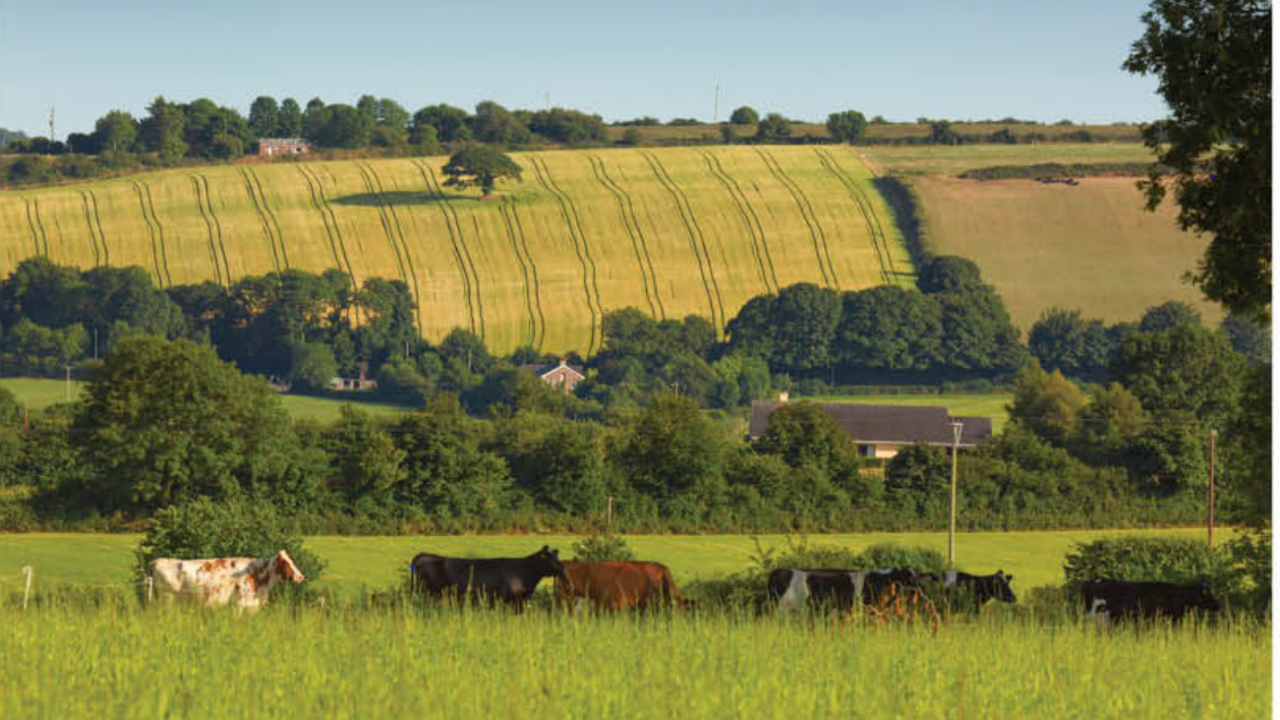Certain elements of the Results-based, Environmental-Agri Pilot Project (REAP) can help farmers to safeguard drinking-water and improve its quality.
With herbicides in water at ‘worrying’ levels, according to Tom Canning, president of the Agricultural Consultants Association (ACA); and an increase in incidences where such levels are unacceptable, according to Irish Water, this can only be good news.
Five thousand farmers have recently been accepted to take part in this over-subscribed, results-based pilot scheme – 10,800 applications were submitted to the Department of Agriculture, Food and the Marine (DAFM) in total.
Ending in December 2022, REAP will feed into the next national agri-environmental scheme that is due to commence in 2023, by allowing farmers to trial some measures now; help to identify the environmental and biodiversity returns from such measures; and generate some income too.
The pilot scheme is in its infancy right now as advisers – who will help farmers to select and score land for its environmental and biodiversity status – are just starting to visit REAP-approved farms all around the country.
Water quality is just one of four environmental considerations of REAP, along with biodiversity, soil health and climate mitigation. But it is an important one, Tom said.
“Herbicide levels are starting to get worrying.”
“While the vast majority of farmers are careful, we would be concerned about the levels of MCPA being used,” Tom said.
MCPA is used to control rush and broadleaf weed growth but it is the most common herbicide detected by Irish Water.
REAP-ing rewards
Under REAP, payments to farmers are connected to the quality of nature on the farm. The higher the nature quality, the higher the payment.
But in order to achieve higher nature status, farmers will be required to change their ways. It wont be easy but it can reap great rewards for farmers and the environment.
REAP comprises two flagship measures: low-input grassland (LIG) and multi-species ley (MSL). Payments for the former are higher than the latter.
Each field entered into REAP (2ha-10ha) is scored – with the help of an adviser – to determine its environmental value, and there are opportunities to increase that score in various ways.
The presence of ‘positive-indicator plant species‘; the greater the field margin; and whether or not there is a margin next to a water course or drainage ditch, all contribute to payment amounts received by farmers – but they can all contribute to better water quality too.
Minimising use of herbicides such as MCPA can go a long way towards helping farmers enhance the nature quality – the positive-indicator plant species – on their farms by allowing a diverse range of species to grow.
Tom explained:
“If a farm has a low score with no positive indicator plant species in the sward, for example, well then, we may suggest to that farmer that they change their management practices a little, that they stop using MCPA and allow these positive indicator species to re-establish.”
While MCPA is used to control growth of rushes, the DAFM has developed new guidance on the sustainable management of rushes. This is based on the concepts of containment or suppression, and aims to minimise the use of herbicides.
Margins
Farmers can also fence off either a 1m, 2m or 3m margin in the REAP-approved fields, their density per ha will dictate payments to farmers.
In addition, if farmers opt to put a margin next to a water course or a drainage ditch, extra marks are available on the scoring card. These margins must be in addition to any existing nitrates buffer.
“This is a pilot project and we are all learning but there is no doubt about it, these results-based schemes will be an integral part of the next round of environmental schemes,” Tom said.
More information is available here
